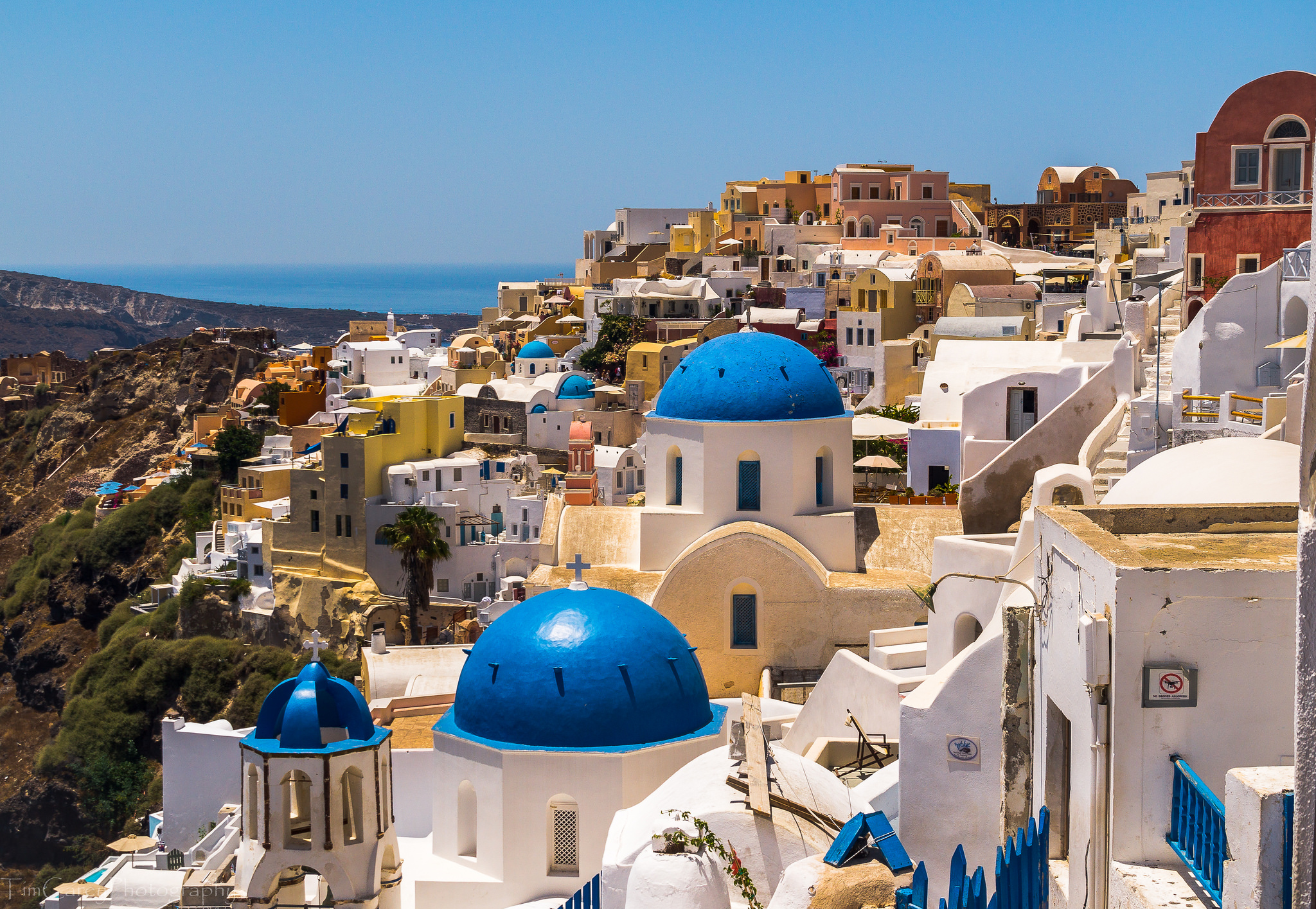
Greece has extended its traditional annual holiday tourism season beyond the summer – and well into the winter – on the back of a surge in visitor interest.
“When I received the first direct flight to the “Eleftherios Venizelos” airport back on March 7, earlier than ever before, few believed that Greece would have a successful tourism season. Those were the first days of the Ukraine war, the pandemic was still ongoing and the energy crisis was causing disruption on a global level,” Greece’s tourism minister Vassilis Kikilias said in an interview with travel news website Breaking Travel News.
“The messages we are getting from tour operators are very encouraging; there is demand for tourist packages throughout the autumn and even in December,” he said.

“And because it is crucially important to always be one step ahead, for some time we have started contacts in order to attract North European and German pensioners to spend these months in Greece, where the winter is milder and energy demands are smaller compared with their own countries.
“In this way, they will save on money they would spend on heating if they stayed home and at the same time have the opportunity to enjoy the beauty of Greece and get to know Greek hospitality,” Mr Kikilias said.
Bulging tourism revenues have jump-started Greece’s economy which had, until the Covid crisis hit, finally recovered after its decade as the basket case of the EU.
Greece’s economy is now expected to grow by nearly 6% this year, driven by better-than-expected tourism reveneus this year.
Economists at UBS expect 5.7% GDP growth, as opposed to an earlier estimate of 4%. This growth would be largely down to tourism revenues reaching around €20bn this year – €5bn higher than originally expected – and nearly double what was generated last year.
The Greek government has also started to better promote its lesser-visited islands in a bid to widen tourism spend and generate a broader economic boost, as well as lessening the threat of over-tourism.




